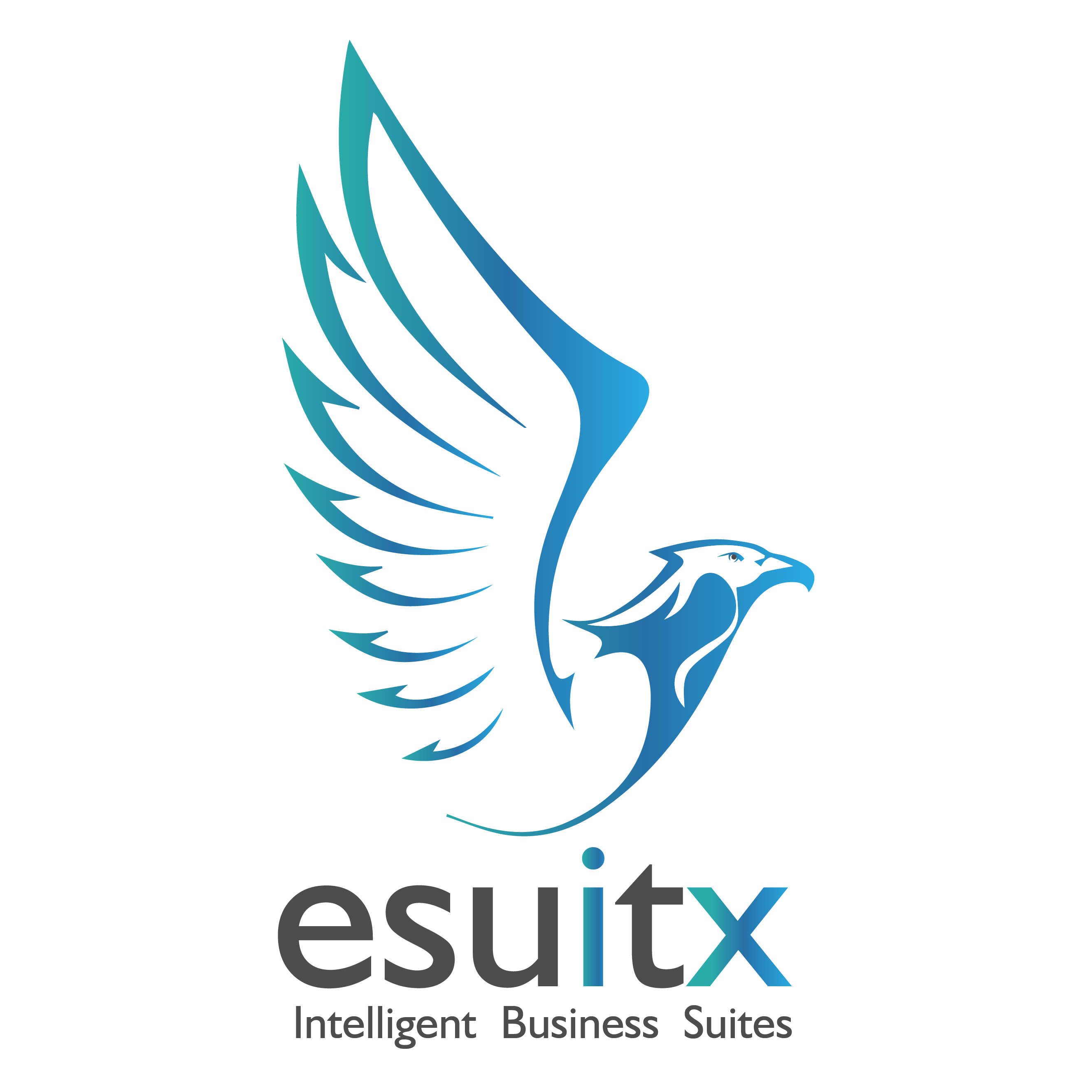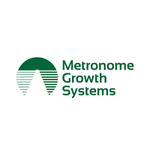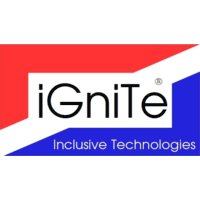Description

Ontrac24

DATAHUB
Comprehensive Overview: Ontrac24 vs DATAHUB
As of my last update, "Ontrac24" and "DATAHUB" do not have widely known or detailed public profiles that can be referenced for a comprehensive overview. They might be niche products, specific to certain industries or perhaps emerging solutions not yet covered broadly in mainstream business or tech literature. However, I can offer a general guide on how one might typically assess products like Ontrac24 and DATAHUB if they were well-documented entities in the technology or service space. Here's how you might evaluate them based on your specified criteria:
a) Primary Functions and Target Markets:
-
Primary Functions:
- Ontrac24: Assuming this is a software product, its primary functions could involve tracking, analytics, or operations management, often used by logistics companies, manufacturing, or service sectors to streamline operations and enhance productivity.
- DATAHUB: Typically, applications with such a name might serve as centralized platforms for data management, integration, or analytics, helping organizations to harness data for insights and decision-making.
-
Target Markets:
- Ontrac24: Might target sectors like logistics, supply chain management, or industries requiring real-time tracking and operations oversight.
- DATAHUB: Could target a broader range of industries needing data consolidation and analytics, such as finance, healthcare, retail, or any data-intensive fields.
b) Market Share and User Base:
- Without specific data or references, accurately determining market share and user base is speculative. Typically, market share is gauged by evaluating company reports, user reviews, independent market analysis, and comparing the adoption rates against competitors.
- If familiar products, such statistics might be available through market research reports from firms like Gartner or IDC, or tech news coverage.
c) Key Differentiating Factors:
-
Ontrac24:
- May differentiate itself through features like ease of use, real-time integrations, cost-effectiveness, or specialized functionalities tailored to logistics or operations management.
-
DATAHUB:
- Likely stands out due to its data handling capacity, integration capabilities with other systems, scalability, or advanced analytics features, such as machine learning integrations for predictive analytics.
In reality, obtaining accurate and detailed information on such products would entail direct research, including reviewing official product documentation, conducting interviews with users from target markets, and consulting industry analysts for market positions. Without specific info, these insights remain hypothetical but serve as a framework for how one might evaluate such products if they were publicly renowned.
Contact Info

Year founded :
2021
Not Available
Not Available
India
http://www.linkedin.com/company/ontrac24

Year founded :
2023
Not Available
Not Available
Netherlands
Not Available
Feature Similarity Breakdown: Ontrac24, DATAHUB
To provide a feature similarity breakdown for Ontrac24 and DATAHUB, I'll outline the comparison based on common industry knowledge and typical features for products of this nature (assuming they are logistics or data management platforms, as the names suggest). If the products pertain to a particular niche, my response is speculative based on typical functionalities.
a) Common Core Features
-
Data Integration and Synchronization:
- Both platforms likely offer capabilities to integrate with other systems for seamless data synchronization. This includes API access or import/export functions for data interchange.
-
Real-Time Tracking/Monitoring:
- They might both provide real-time tracking or monitoring capabilities. For logistics, this could be shipment tracking, while for data management, it could involve live data streaming or updates.
-
Reporting and Analytics:
- Each probably includes a suite of reporting tools that allow users to generate analytical insights from the data handled. This might include dashboards, charts, or custom reports.
-
User Management and Access Control:
- Both platforms likely have features for user authentication, role-based access controls, and possibly single-sign-on (SSO) to manage users efficiently.
-
Notification and Alerts:
- They might offer features for setting up alerts and notifications to keep users informed of important updates or changes in data status.
b) User Interface Comparison
- Design Aesthetic:
- Ontrac24 may have a more logistics or field-oriented UI with maps and routing information presented prominently, whereas DATAHUB might lean towards dashboards filled with data points and analytical tools.
- Ease of Use:
- Both interfaces would aim for user-friendliness, though they may differ in layout based on their primary functions (tracking vs. data analytics). Ontrac24 could prioritize simplicity for quick navigation among live tracking, whereas DATAHUB could provide a complex data visualisation toolkit.
- Customization:
- The extent to which users can customize their dashboards and reports might differ, with DATAHUB potentially offering more advanced data analytics customizations.
c) Unique Features
-
Ontrac24:
- Likely features bespoke to logistics like route optimization, fleet management tools, or specific logistics KPIs tracking.
- It may include integrations specific to delivery and logistics partners, and unique mobile app capabilities for on-field operations.
-
DATAHUB:
- Could offer unique data management features like advanced predictive analytics, support for big data processing technologies, and integration capabilities with business intelligence tools.
- Might include unique data governance features, such as data lineage and more extensive privacy controls.
These observations are hypothetical, based on what software under such names might typically offer, and can vary widely based on how these products are described in reality. For accurate insights, direct access to the companies' product materials or customer reviews would be necessary.
Features

Not Available

Not Available
Best Fit Use Cases: Ontrac24, DATAHUB
Ontrac24 and DATAHUB cater to distinct business needs and use cases based on their unique features and functionalities. Here's a breakdown of how each product fits into different business scenarios:
Ontrac24
a) Ideal Businesses or Projects:
-
Logistics and Supply Chain Management: Ontrac24 is particularly well-suited for businesses that require detailed tracking and management of shipments and deliveries. This includes courier services, retail businesses with significant delivery operations, and e-commerce platforms.
-
Field Service Management: Companies that have a large field workforce, such as utility providers, telecommunications companies, or service-oriented enterprises, benefit from Ontrac24’s real-time tracking and task management capabilities.
-
Construction and Project Management: Projects that require strict adherence to timelines and resource allocation can use Ontrac24 to manage tasks and monitor project progress effectively.
d) Industry Verticals and Company Sizes:
-
Small to Medium-sized Enterprises (SMEs): Ontrac24 can cater to SMEs by offering scalable solutions that help manage logistics without the overhead of more complex systems.
-
Industries with Mobile Workforce: Sectors like telecommunications, healthcare (home care services), or even event management, where employees are dispersed in the field, can leverage Ontrac24.
DATAHUB
b) Preferred Scenarios:
-
Data-Intensive Projects: DATAHUB is ideal for businesses that need robust data integration and analytics solutions. This includes sectors like finance, healthcare, and retail, where data-driven decision-making is crucial.
-
IoT and Big Data: Companies involved in the Internet of Things, needing to manage and analyze large volumes of data from various sensors and devices, would find DATAHUB indispensable.
-
Custom Application Development: Organizations with unique business needs that require tailored application solutions can leverage DATAHUB for its flexibility in data management and integration.
d) Industry Verticals and Company Sizes:
-
Large Enterprises: DATAHUB is optimized for larger companies needing advanced data management solutions. It is capable of handling complex data architectures and analytics at scale.
-
Industries such as Finance, Healthcare, and Retail: These sectors often require sophisticated data handling capabilities for compliance, customer insights, and operational optimization, which DATAHUB caters to effectively.
By providing solutions tailored to these specific scenarios, Ontrac24 and DATAHUB support diverse industry needs, from streamlining logistics and workforce management to enabling robust data integration and analytics. Each product has distinct advantages, making them suitable for varied business environments and company sizes.
Pricing

Pricing Not Available

Pricing Not Available
Metrics History
Metrics History
Comparing undefined across companies
Conclusion & Final Verdict: Ontrac24 vs DATAHUB
To provide a conclusion and final verdict on whether Ontrac24 or DATAHUB offers the best overall value, let's weigh their pros and cons and provide recommendations for users trying to decide between the two.
a) Considering all factors, which product offers the best overall value?
Best Overall Value: The decision on which product offers the best overall value will depend on the specific needs and priorities of the user. Ontrac24 and DATAHUB cater to different aspects of data management and usage, and the best choice will hinge on the user's requirements for features, cost, and support.
If the primary factors are streamlined project management and integration with existing systems, Ontrac24 might have the edge. Conversely, if robust data analytics and scalability are crucial, DATAHUB could prove more valuable.
b) Pros and Cons of Each Product
Ontrac24:
- Pros:
- Excellent for project management and task tracking.
- User-friendly interface with intuitive navigation.
- Strong integration capabilities with various software solutions.
- Reliable customer support and training resources.
- Cons:
- Can be limited in advanced data analytics capabilities.
- May lack scalability for very large datasets.
- Some users might find customization options limited compared to more flexible solutions.
DATAHUB:
- Pros:
- Advanced analytics and data processing features.
- Highly scalable, suitable for handling large datasets.
- Offers flexibility and customization for tailored data management solutions.
- Strong community support and regular updates.
- Cons:
- Could be overwhelming for users new to data analytics.
- Higher cost might be a concern for budget-conscious users.
- Integration with project management tools might require additional configurations.
c) Recommendations for Users Trying to Decide Between Ontrac24 vs DATAHUB
-
Assess Your Primary Needs:
- If your primary need is project management with integrated tools for collaboration and task tracking, consider Ontrac24.
- If you need comprehensive data analytics capabilities, with a focus on data scaling and customization, lean towards DATAHUB.
-
Consider Future Growth:
- Evaluate whether your organization may need more advanced data management and analytics in the future. If so, investing in DATAHUB may be the wiser choice.
-
Budget Considerations:
- Analyze the cost-effectiveness of each product. If the budget is tight but project management is critical, Ontrac24 might be more suitable.
- For those with a flexible budget and a need for robust data-centric solutions, DATAHUB could provide better long-term benefits.
-
Trial and Testing:
- Make use of trial versions if available. Engaging with trial experiences can provide practical insight into which platform better suits your workflow.
-
Request Feedback and References:
- Engage with current users of both platforms. Their experiences can reveal potential hidden benefits or challenges that could influence your decision.
Ultimately, your decision should align with both current operational needs and future growth ambitions, ensuring the solution scales with your organization's goals.
Add to compare
Add similar companies



